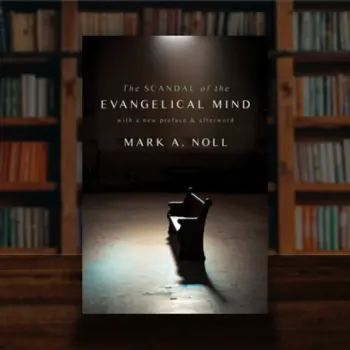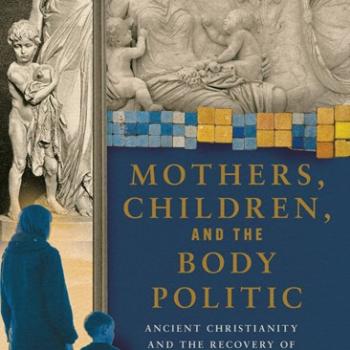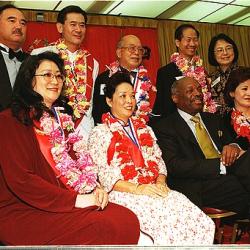A couple weeks ago I wrote about “Paleo Evangelicals as Reluctant Republicans,” and I am grateful for the number of responses I have received here, on Twitter and on Facebook indicating that I had “pegged” (as the Institute for Religion and Democracy’s Bart Gingerich put it) many readers’ political convictions.
Luke Moon, also of the IRD, issued a thoughtful rejoinder to my piece, wondering whether the Republican evangelical base ever really argues that voting for Republicans advances the Kingdom of God. I doubt you would find many who would articulate it this way; my concern is the implication that voting Republican is central to our identity as American evangelicals.
Perhaps one way to explain this is to offer  some “do’s and don’ts” for evangelical churches on the Sunday before the election. The do’s are optional. You may have more pressing gospel-centered business to deal with, and paleo evangelicals won’t mind if their pastor or Sunday School teacher doesn’t talk about the election at all. The don’ts are non-negotiable.
some “do’s and don’ts” for evangelical churches on the Sunday before the election. The do’s are optional. You may have more pressing gospel-centered business to deal with, and paleo evangelicals won’t mind if their pastor or Sunday School teacher doesn’t talk about the election at all. The don’ts are non-negotiable.
Do pray for the election. Feel free to echo the words of I Tim. 2:2, which asks that “supplications, prayers, intercessions, and thanksgivings be made for all people, for kings and all who are in high positions, that we may lead a peaceful and quiet life, godly and dignified in every way.”
Don’t pray for specific candidates or parties to win, whether by implication or by name. This makes party loyalty a condition of good standing within the fellowship.
Do encourage the congregation to consider voting as an act of good citizenship, a “rendering unto Caesar what is Caesar’s.”
Don’t imply that if Christians don’t vote, they are in sin, or that it is transparently obvious what party they should support if they do vote.
Do speak on issues of particular concern to Christians, certainly including religious liberty (again, I Tim. 2:2) and the value of all human life. (Paleos will sympathize with the evangelicals and Catholics who see these two as the “non-negotiable” issues.) Others might also emphasize traditional marriage, or Christians’ responsibility to care for the poor, to welcome the stranger, and to be peacemakers.
Don’t imply that those issues of particular concern to Christians lead necessarily to supporting only one party or slate of candidates. Allow congregants to sort this out for themselves.
Some will undoubtedly see these suggestions as evasive and unnecessarily complex. I see them as an imperfect way to preserve a distinction between our faith and the current political order.
Imagine if a non-believer attends your church this Sunday — will she hear that civic engagement is important for Christians? Great. Will she hear an implication that becoming a believer in Jesus means also becoming a Republican? That would be abominable.
Above all, whatever you say or don’t say about the election, preach God’s sovereignty over politics and all human affairs. God will not be surprised by any electoral outcome, nor will his purposes be confounded.












